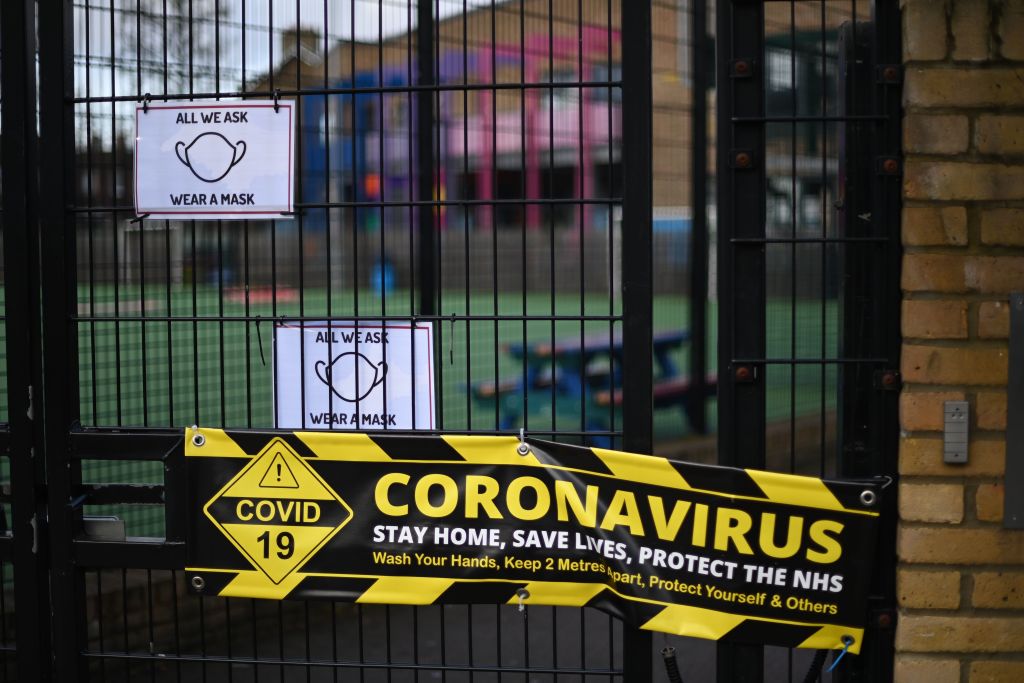Winning the war is one thing, winning the peace is quite another. Time and again through history, national governments have thrown everything into a wartime effort, only to forget that there will be a country – or countries – to rebuild once victory has been secured.
This is why the Prime Minister is so keen to talk about Building Back Better and the Green Skills Revolution that he promises will follow just as soon as the vaccine has worked its magic.
We are, we are told, going to create a better Britain once we’ve seen the back of Coronavirus. And of course much of Johnson’s blue sky ambition is admirable, and his famous optimism could prove important in the months and years ahead.
But there is one area in which we cannot afford to have too much playing to the crowds; one area in which we need detailed, well-funded, evidence-informed and – ideally – non-political policy making: educational catch up.
This is a race against time – and it is a race that we cannot afford to lose
Setting to one side the hideous death toll, I believe the worst damage being done to this country by Coronavirus is students’ lost learning as a result of schools being – necessarily – shut to the majority of children.
That is why we should welcome news that all primaries and secondaries will fully reopen in a fortnight – and that the focus is now turning to how we ‘catch up’ the millions of students who have fallen behind through no fault of their own.
This is a race against time – and it is a race that we cannot afford to lose. Where once countries competed over the size of their nuclear arsenals, or the number of dreadnoughts they could build, today nations compete over the efficacy of their education systems: especially the scientists, engineers and mathematicians that their schools and universities can launch into the economy.
According to many international league tables, our education system wasn’t doing well compared to many of our competitors even before the lockdown, and with schools closed for such a long time, there’s a very real danger this situation could have worsened.
Indeed, the damage being done to this country’s potential by the shuttering of education for five of the last 12 months cannot be underestimated. Of course, the effect on individual young people will be massive, from early years right up to year 13, but the cost at a systemic level will be huge too: according to the Education Endowment Foundation, which I chair, more than 10 years of progress in closing the attainment gap might be reversed by the first lockdown alone.
And unless we do something about it, this huge loss of potential will slow down this country’s opportunities in the years ahead too – a recent study commissioned by the Sutton Trust, which I also chair, put the cost in the long-term loss of earnings at an eye-watering £11bn over the course of the working lives of secondary students at school today. That’s even before you begin to imagine the all the future ideas, break-throughs and innovations that will have been hampered by the educational brakes being applied through the pandemic.
So we cannot afford to get catch-up wrong.
There is some good news: the appointment of my former colleague Sir Kevan Collins as the ‘catch up tsar’ is a very welcome development. A highly respected educationalist, he will understand that the essential work of countering learning loss will be much more complicated than simply adding an hour on to the school day for more lessons or a week onto the school term. He will make sure that whatever proposed is evidence-informed, very well-funded, and, all importantly, that teachers can make it work.
Among the ideas both the government should consider seriously, I hope they will look to guarantee that all young people have access to internet-enabled devices, a big uplift in targeted funding for our most deprived students and further investment in free tutoring for those who need it most (which is currently being rolled out by the National Tutoring Programme).
If the government is truly serious that the future of post-Brexit Britain is tied to becoming world-beaters in science and R&D, then we need ministers to knuckle down, read the evidence, spend the money and invest it wisely. There is no room for error in getting catch up right.






Comments